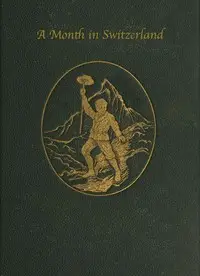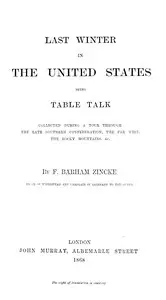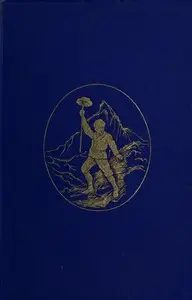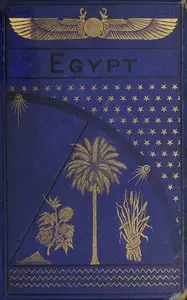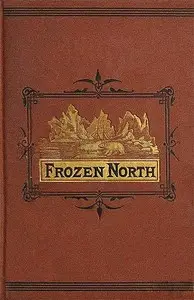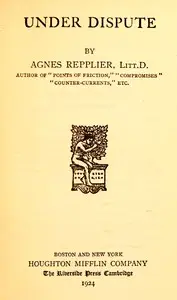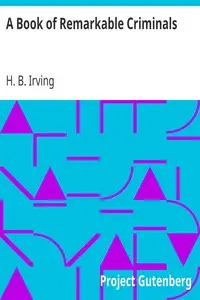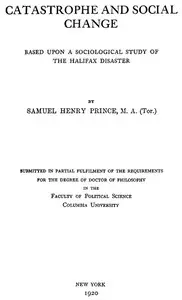"A Walk in the Grisons: Being a Third Month in Switzerland" by F. Barham Zincke is a travel narrative written in the mid-19th century. The book chronicles the author's experiences and observations during his travels in the Grisons region of Switzerland, as part of a larger series on Switzerland. Zincke aims to provide a detailed and vivid portrayal of the landscapes, cultural elements, and social conditions he encounters while exploring this elevated region. The opening of the work establishes Zincke's intention to present a continuous picture of his travels, emphasizing both the natural scenery and the human aspect of life in the Grisons. It begins with his arrival in Interlaken and outlines his preparations for the journey, including hiring a light porter, Henri Leuthold, to accompany him. Zincke reflects on the challenges of the weather, the characteristics of the land, and the hardworking nature of the local Swiss peasants committed to acquiring land and making the best use of their limited resources. This introductory segment sets the stage for a deeply personal and detailed exploration of the Swiss landscapes and the people inhabiting them, conveying a sense of appreciation for the natural world and insight into social dynamics. (This is an automatically generated summary.)
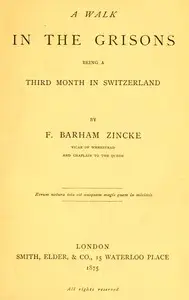
A walk in the Grisons : $b Being a third month in Switzerland
By F. Barham (Foster Barham) Zincke
"A Walk in the Grisons: Being a Third Month in Switzerland" by F. Barham Zincke is a travel narrative written in the mid-19th century. The book chroni...
Foster Barham Zincke was a clergyman, a traveller, and an antiquary. Zincke was born on 5 January 1817 at Eardley, a sugar estate in Jamaica. He was the third son of Frederick Burt Zincke, of Jamaica, by his wife, Miss Lawrence, a descendant of Henry Lawrence, president of Oliver Cromwell's council. He was fourth in descent from Christian Friedrich Zincke, the miniature and enamel painter. He entered Bedford School in 1828 and matriculated from Wadham College, Oxford, on 5 March 1835, graduating B.A. on 18 May 1839. He rowed in the Oxford boat at Henley in the same year. In 1840 he was ordained by Charles Richard Sumner, bishop of Winchester, to the curacy of Andover, and in 1841 he became curate of Wherstead and Freston, near Ipswich. In 1847, on the death of the vicar, George Capper, he was appointed vicar of Wherstead on the presentation of the Crown. Soon afterwards he began to contribute to Fraser's Magazine and the Quarterly Review, and in 1852 published Some Thoughts about the School of the Future, in which he criticised with some severity the system of education pursued in the universities and public schools. Shortly afterwards he was appointed one of the queen's chaplains.

